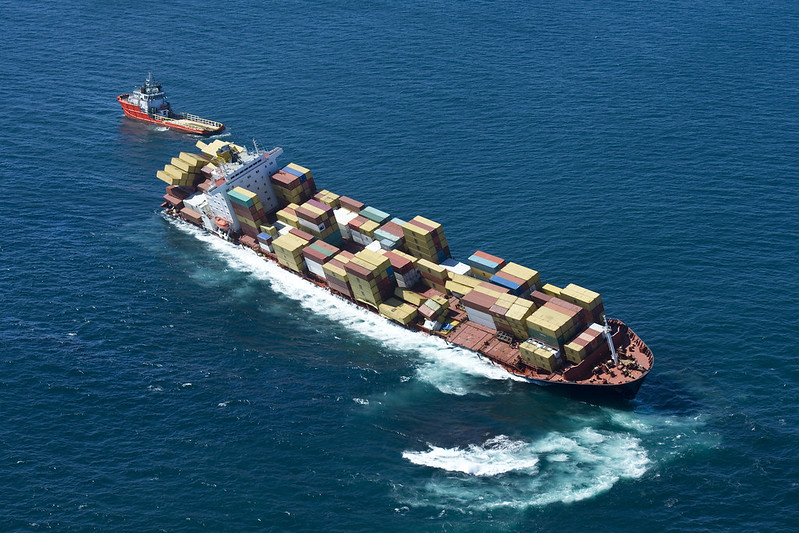- Editorial of the Socialist issue 1072
‘Post-Brexit’ era of crisis ahead
Brexit Day has been and gone. Now Johnson is promising the “dawn of a new era”. According to the Tories’ optimistic script a ‘Brexit bounce’ will mean more investment, more jobs and more money to ‘level up’ spending and ‘pay back’ those working-class people who loaned the Tories their vote in the general election.
With an 80-seat majority and Brexit ‘out of the way’ the old Tory divisions are supposedly now healed and a period of growth and stability will open up before us. The chancellor Sajid Javid has pledged to restore the economy to its “post-war glory days” with growth of 2.7%-2.8%. But just last week the Bank of England downgraded its growth forecast by the largest amount since 2016.
This year it expects the economy to ‘grow’ by just 0.8%, the worst level for over ten years. An economist at the think tank IPPR called Javid’s growth goal “a fantasy”. In an already uncertain international economic environment made more fragile by the possible repercussions from the coronavirus (see page 4), and with the worst slowdown in productivity in Britain for 250 years, why would the capitalists rush to invest?
Johnson’s boast that austerity is over has been exposed by Javid ordering government departments to make at least 5% cuts in areas that do not correspond with the government’s priorities – not to mention the councils all over the country which are about to vote through budgets slashing local services already pared to the bone.
Tory infighting has broken out over Johnson’s decision to allow Huawei licences for building part of the 5G internet network, and the likely OK for going ahead with the HS2 high-speed rail link.
Fault lines
New Tory party fault lines are emerging over what a post-Brexit Britain will look like. The ultra-free-marketeers saw Brexit as a route to a low-tax, deregulated, small-state ‘Singapore-on-Thames’. This is the aim of cabinet members Liz Truss, Priti Patel and Dominic Raab, authors in 2012 of Britannia Unchained, a free-market manifesto in which they bemoaned a “bloated state, high taxes and excessive regulation” and described British workers as being “among the worst idlers in the world”.
On the other hand, the new intake of Tory MPs in the North and West Midlands are under pressure to call for more protectionist measures and state intervention to save jobs and boost growth in the areas they represent. But it’s precisely these areas that will be hardest hit by the fallout from Brexit because of its effects on manufacturing industry.
Rather than the rosy scenario painted by Johnson and Javid, the reality of Brexit on a capitalist basis is likely to be less investment, job losses and factory closures – causing enormous anger and bitterness among those working-class people who might have hoped that getting Brexit done would have the opposite effect.
So far Johnson has leaned towards policies aimed at shoring up working-class support. So, as well as promising increased public spending and not going ahead with a rise in corporation tax, he has intervened to give tax breaks to Flybe, a regional airline, and to bring Northern Rail into public ownership.
But if the budget for current spending on public services is going to be balanced by 2022-23, as Javid has pledged, and with anaemic economic growth, the economic resources for intervening and ‘levelling up’ will be extremely limited. In fact, according to calculations by the Financial Times, if the Bank of England forecasts play out, Javid will be facing a budget defecit of £12 billion rather than the surplus of £5 billion he is expecting.
Any attempt to raise taxes or borrowing further to pay for increased spending and investment would be fiercely resisted by the free-marketeers and, if it threatened their profits, the capitalists all the Tory politicians ultimately represent.
Far from strong and stable, the ‘new era’ in Britain will be one of crisis in which working-class people will have no choice but to get organised and fight back against the further attacks that are coming their way.









